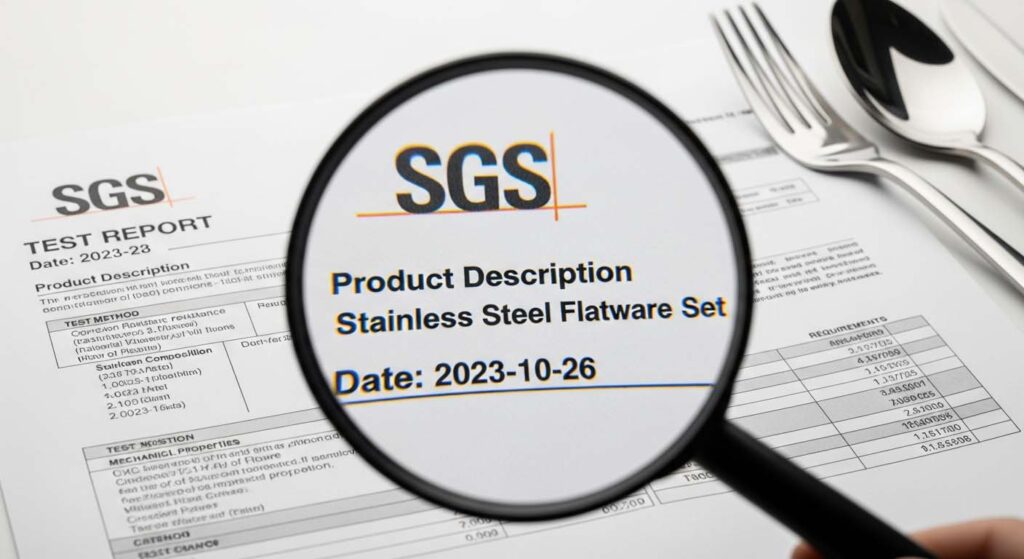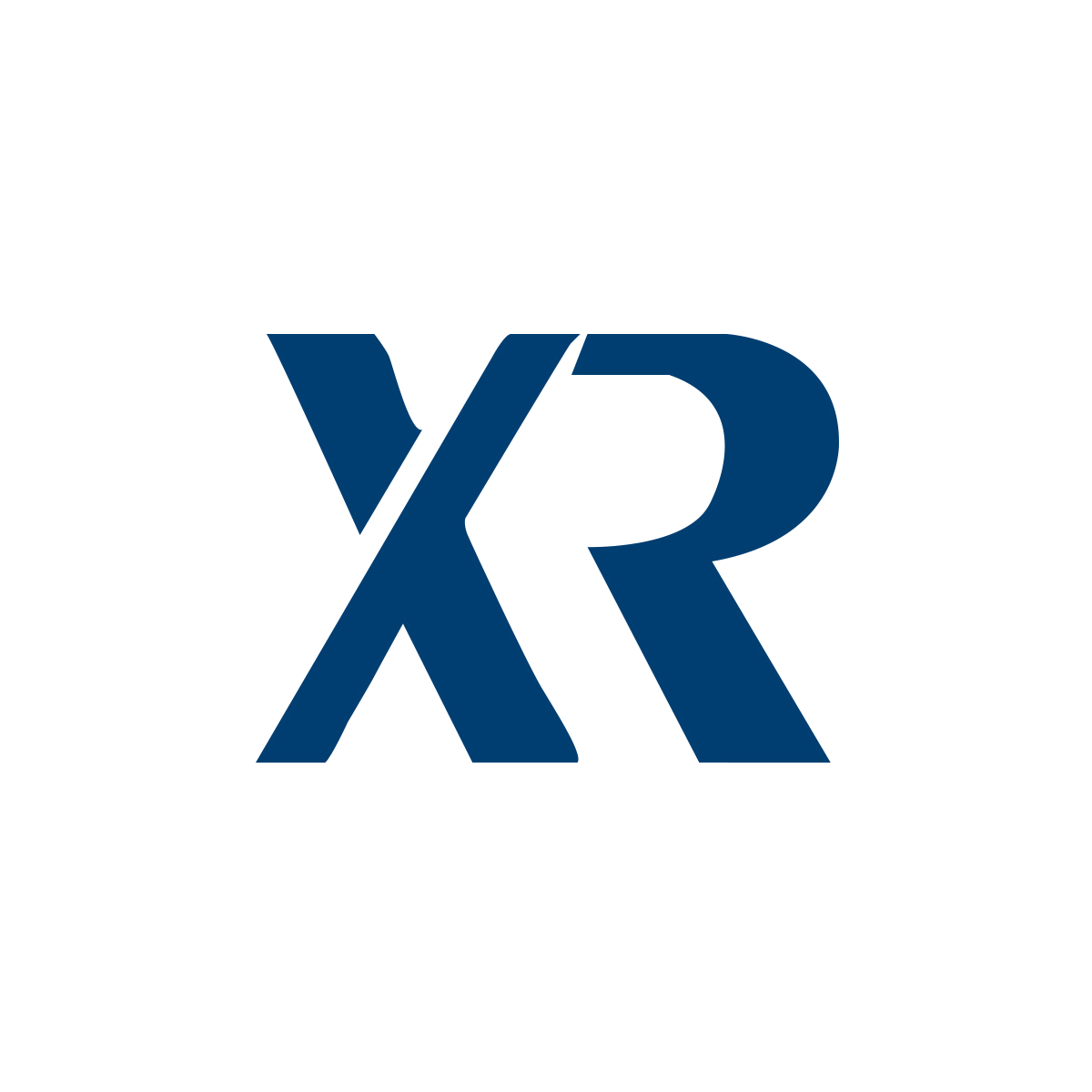What certifications do you need to export flatware to Europe and the US?
You're ready to import flatware, but the wall of regulations is intimidating. You hear acronyms like FDA, LFGB, and Prop 65, and worry that one mistake could get your entire shipment seized at customs.
For the U.S., you need compliance with FDA regulations and California's Prop 65. For the EU, Regulation (EC) 1935/2004 is mandatory, with LFGB (German standard) being the gold standard. Major retailers will also require social audits like BSCI or SEDEX.

I deal with this every single day. Buyers like Jacky, who works for major U.S. brands, won't even start a conversation until I can show them a full folder of up-to-date compliance documents. He says it’s his first and most important filter. Getting these certifications isn't just about following rules; it's about proving you are a serious, professional, and reliable partner. It's the key that unlocks the door to the world's biggest markets. Let's walk through exactly what you need.
What are the key regulations for flatware sold in the USA?
You're targeting the massive U.S. market. But the fear of a costly Prop 65 lawsuit or having your products rejected by the FDA keeps you up at night, and you need to be certain you're compliant.
The primary requirements are FDA compliance for food contact safety (CFR Title 21), and for California, passing Prop 65 standards for heavy metals like lead and cadmium to avoid mandatory warning labels.

Navigating U.S. regulations is mainly a two-step process. First, everything must meet the Food and Drug Administration (FDA)1 standards. This is the federal, non-negotiable baseline. The FDA's Code of Federal Regulations (CFR) Title 21 specifies that the materials used in flatware—in our case, stainless steel—are "generally recognized as safe" (GRAS) for contacting food. It ensures the steel won't leach harmful substances into your meal. The second, and often more challenging, step is California's Proposition 65. Prop 65 is a state law that requires businesses to provide warnings if their products expose consumers to significant levels of certain chemicals. For flatware, this primarily concerns lead and cadmium. While it's only a California law, its reach is effectively national because it's impossible to guarantee a product won't end up for sale there. For this reason, all major U.S. brands and retailers demand Prop 65 compliance.
| Regulation | Scope | What it Governs |
|---|---|---|
| FDA CFR Title 21 | National (USA) | Ensures the material itself is safe for food contact. |
| Proposition 65 | California (de facto National) | Requires warnings if products contain specific chemicals (like lead) above set limits. |
What are the essential certifications for flatware in the European Union?
The EU is a huge and profitable market. But its web of regulations seems like a maze, and you're worried about missing a key requirement for a specific country like Germany or France.
The main EU-wide law is Regulation (EC) 1935/2004 for all food contact materials. The most respected and strictest standard is the German LFGB certification, which is recognized as a mark of high quality across Europe.

Selling into the European Union requires adhering to a framework that ensures consumer safety across all member states. The foundational rule is Regulation (EC) 1935/20042. This law mandates that any material touching food must not transfer harmful substances to it. It's the law that created the universal "fork-and-glass" symbol, indicating a product is food-safe. While this EU-wide regulation sets the general principles, many countries have their own specific, often stricter, laws. The most important of these is Germany’s Food and Feed Code, or LFGB3. German safety standards are famously high, and passing the rigorous LFGB testing for heavy metal migration is seen as a passport to the entire European market. If your product is LFGB-compliant, it will almost certainly meet the requirements of other EU countries, like France's DGCCRF regulations. That's why smart buyers focus on LFGB; it proves the product meets the highest standards. In my experience, if you have LFGB, you have Europe covered.
Are factory audits like BSCI and SEDEX mandatory?
You've found a factory with great products. Then they mention a BSCI or SEDEX audit, and you're not sure if this is a legal requirement you must have or just an expensive extra.
No, BSCI and SEDEX are not legal requirements. They are social and ethical compliance audits demanded by large retail chains and brands to ensure your factory treats its workers fairly and safely.

This is a crucial distinction: legal compliance versus commercial compliance. FDA and LFGB tests are about product safety and are required by law. BSCI (Business Social Compliance Initiative) and SEDEX (Supplier Ethical Data Exchange) audits are about people and ethics and are required by big customers. These audits don't test the forks and knives. They inspect the factory itself, looking at things like working hours, fair wages, health and safety protocols, and ensuring there is no child or forced labor. Big brands like Walmart, Tesco, or IKEA cannot risk their reputation being damaged by news of poor working conditions in their supply chain. So, they make these audits a condition of doing business. For a buyer like Jacky, a factory without a recent BSCI or SEDEX report is a non-starter, because his company's code of conduct absolutely requires it. It's not the law, but if you want to supply the major players, it's a mandatory key to the door.
| Compliance Type | What it Is | Is it Required by Law? |
|---|---|---|
| Product Test (LFGB/FDA) | Tests the physical product for safety | Yes |
| Factory Audit (BSCI/SEDEX) | Inspects the factory for ethical practices | No, but required by major retailers |
How do I know if my supplier is truly compliant?
A supplier sends you a test report that looks official. But you have a nagging feeling. How can you be sure the document is legitimate, current, and actually applies to your product?
Ask for the full, recent test report from an accredited lab like SGS, TUV, or Intertek. Verify the date is recent and the product description on the report exactly matches the item you are ordering.

This is where you have to act like a detective. A fake or irrelevant certificate is worse than having none at all. A professional factory will be transparent and provide these documents without hesitation. Any pushback is a huge red flag. When I get a report, I check five things immediately. First, the lab. Is it a globally recognized third-party lab like SGS, TUV, Intertek, or Bureau Veritas? A factory's internal report is not enough. Second, the date. A report from three years ago is useless; regulations change. It should be from within the last year. Third, the factory name must match your supplier. Fourth, the product description. This is critical. "Stainless steel fork" is too vague. It must match exactly what you're buying, like "Model KF021, 18/10 Stainless Steel Dinner Fork, Mirror Finish." I once caught a supplier trying to pass off a report for a different model. Fifth, the test standard. The report must clearly state it was tested to "LFGB" or "FDA CFR 21." Trustworthy partners make this easy.
Conclusion
Navigating flatware certifications means getting FDA/Prop 65 for the US and LFGB for the EU. For major retailers, social audits like BSCI are key. Always verify your supplier’s reports carefully.
-
Understanding FDA regulations is crucial for ensuring product safety and compliance in the food industry. ↩
-
Understanding this regulation is crucial for compliance in the EU market, ensuring consumer safety and product legality. ↩
-
Exploring LFGB will provide insights into high safety standards and compliance necessary for accessing the European market. ↩
